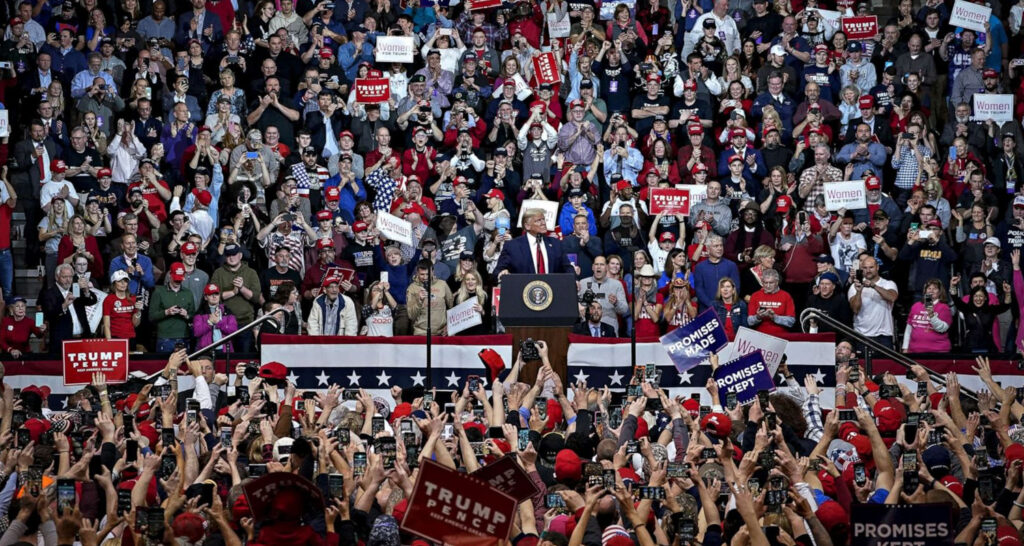
In recent years, populism has emerged as a significant force reshaping the landscape of global politics. Characterized by its appeal to the “common people” against perceived elites, populism thrives on divisiveness, often leveraging conspiracy theories and criminalizing opposition. This political ideology has profound implications for both domestic and international affairs, challenging established norms and reshaping governance structures.
Domestic Impact of Populism
Populism’s impact on domestic politics is profound. Populist leaders often position themselves as saviors of the common people, rallying against established elites and institutions. This rhetoric can erode trust in traditional political structures and media, fostering a climate of skepticism and division. In many cases, populists exploit societal fears and frustrations, offering simple solutions to complex problems. This approach, while initially appealing, can undermine democratic institutions by prioritizing loyalty over competence and marginalizing dissenting voices.
A notable example is the shift in the relationship between different branches of government. Populists often seek to concentrate power in the executive branch, weakening checks and balances that are fundamental to liberal democracy. This can lead to the erosion of judicial independence and the weakening of legislative oversight, as seen in various populist-led governments around the world.
Populism and Democracy
The rise of populism poses significant challenges to liberal democracy. Populist leaders frequently undermine individual rights and liberties, emphasizing the will of the majority while disregarding minority rights. This majoritarian approach can erode democratic norms and lead to authoritarian practices. For instance, populist governments might undermine freedom of the press, restrict civil liberties, and manipulate electoral processes to maintain power.
Additionally, populism’s illiberal elements threaten the foundational principles of democracy by fostering an environment where dissent is not tolerated. The criminalization of opposition and the proliferation of misinformation can create a polarized society, where constructive dialogue becomes increasingly difficult.
International Implications
On the international stage, populism alters the dynamics of global relations. Populist leaders often adopt a nationalist stance, prioritizing their country’s interests over international cooperation. This can lead to a retreat from multilateral agreements and institutions, as populists favor bilateral deals that they perceive as more advantageous. For example, the Trump administration’s withdrawal from various international agreements exemplifies this trend.
Moreover, populism’s revisionist tendencies can destabilize international norms. Populist governments may challenge existing international laws through non-compliance or selective adherence, creating uncertainty and tension in global politics. This undermines the established international order and can lead to conflicts and geopolitical instability.
Conclusion
Populism is undoubtedly reshaping global politics, both domestically and internationally. While it offers a voice to the disenfranchised and challenges entrenched power structures, it also poses significant risks to democratic institutions and international stability. As populism continues to evolve, understanding its implications is crucial for navigating the complex political landscape of the 21st century.
